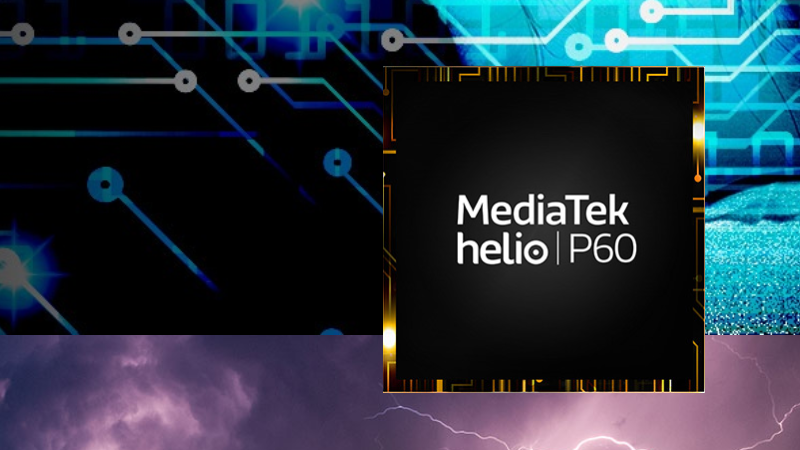Mediatek hasn’t had the best 2017, but the company is looking to focus on mid-range and upper mid-range devices in a big way. And the first salvo in this battle is the Helio P60, announced at MWC 2018.
The new chipset stands out thanks to the additional of a “multi-core AI processing unit” or APU, being the company’s AI chip. Mediatek is claiming double the efficiency for AI tasks compared to AI tasks handled by the GPU, as well as 280 GMAC/s (joining TOPS and FLOPS as yet another measurement for mobile AI chips).
No ad to show here.
The AI chip will support a host of frameworks, including TensorFlow, TensorFlow Lite, Caffe, Caffe 2 and ONNX (set for Q2 2018).
As for user-cases, the chipmaker is touting the AI silicon for real-time overlays, facial recognition, real-time beautification, general AI and machine learning tasks, photography enhancements and more.
Helio P60 to pack a punch?
The Taiwanese firm’s new silicon isn’t a slouch either, packing four featherweight A53 cores and four A73 cores for more advanced tasks. In other words, it’s not using the latest A55 and A75 cores, but you’re still looking at a pairing that’s very similar to Huawei’s P10.
Meanwhile, the GPU department has Mediatek opting for the latest generation ARM Mali G72, albeit with three cores. If we were to choose a weak link, it might be the GPU then (the Mate 10 uses the same GPU but quadruples the core count), although the new architecture should still result in some good gaming performance.
One of the bigger surprises about the Helio P60 is that it uses a 12nm manufacturing process, which should result in some significant energy savings.
“Compared to MediaTek Helio P23, P60 delivers up to 25% power savings in heavy duty gaming situations and boasts overall power savings of up to 12 %,” the firm noted on its website.
Other noteworthy features include 20MP+16MP dual camera support (or 32MP single camera), HDR recording, support for up to 8GB RAM and 20:9 screen ratios (and up to “Full HD+”).
Mediatek expects phones with the Helio P60 to launch in Q2 2018.
Visit our MWC 2018 page for a host of stories from the expo.
